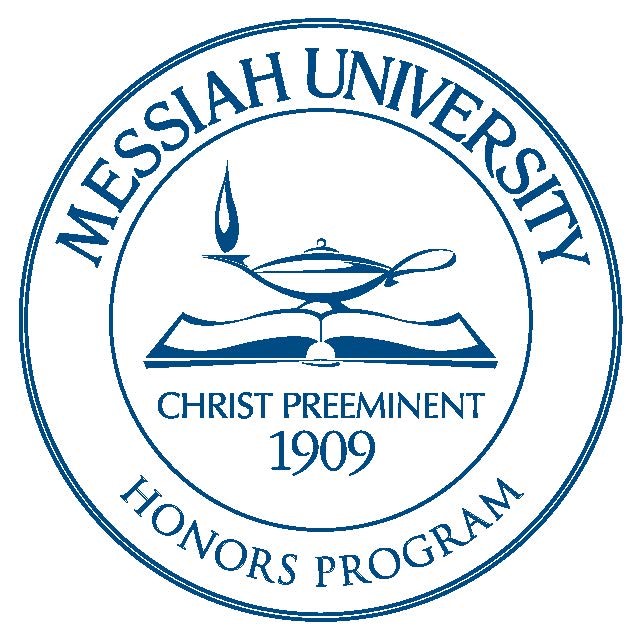Date of Award
2004
Document Type
Thesis
Department
Sociology
Abstract
Crime has become an increasing problem in recent years. "The United States has the highest rate of incarceration in the world" (Walker, 2001 ). Eyewitness testimony is relied upon heavily in the court system and it is inevitable that some of those eyewitnesses will be children. The admissibility of a child's testimony at trial is a highly controversial issue. "In recent years the courts have seen a growing number of cases in which children serve as witnesses. Attempts to prosecute such cases have raised concerns about the accuracy and reliability of children's testimony. One potentially serious source of inaccuracies in children's testimony is the suggestibility of their memory" (Zaragoza, 1987). Most of the studies that have been done on children's memory and their suggestibility deal with children who were never directly involved in a crime. However a significant amount of children who are called upon to testify have in some way been exposed to crime. According to the U.S. Department of Justice, for children in the age group of 12-15, 63 out of every 1,000 will be victims of violent crime. The proposed research will add to the previous studies by looking at the effects that being a victim or witness to a violent crime has on children's suggestibility to leading questions.
Recommended Citation
Stephen, Faye, "Violence and Children's Testimony" (2004). Honors Projects and Presentations: Undergraduate. 335.
https://mosaic.messiah.edu/honors/335


